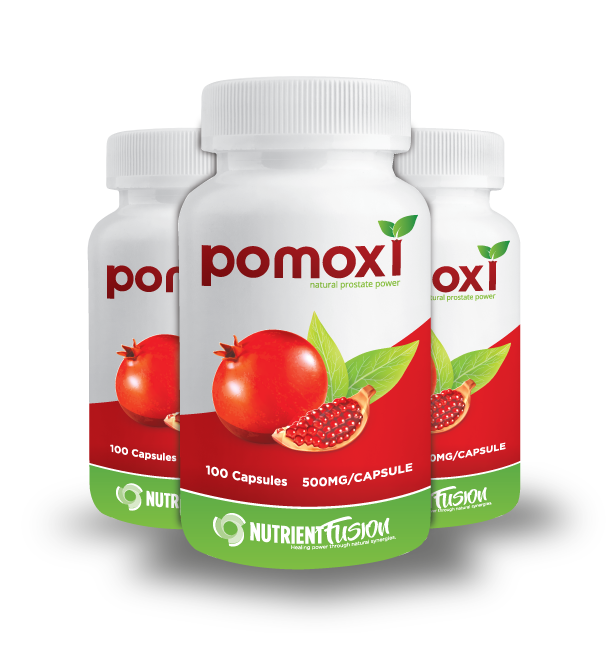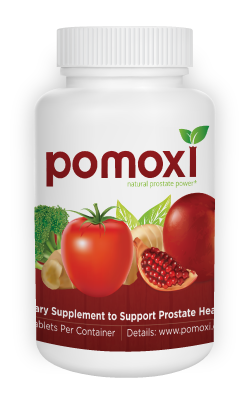Beta-Sitosterol Helps Lower PSA and Bad Cholesterol and Helps with Urination
Subscribe and Save 15%
BUY NOW
Beta-sitosterol is a type of steroid, a plant sterol ester that is widespread in the plant and animal kingdom. Beta-sitosterol is similar in structure to cholesterol and has a long history of consumption in foods. It is general recognized as safe (US FDA GRAS status) without any undesirable side effects.
The story of Beta-sitosterol really began in 1957 when researchers reported that unsaturated fats, margarine and vegetable oils, lowered cholesterol levels in humans, while saturated (animal) fats raised cholesterol. What they did not know at the time was that the Beta-sitosterol in the vegetable oils was causing these cholesterol-lowering effects. Today we know that Beta-sitosterol has an LDL-Cholesterol-lowering effect demonstrated in numerous clinical trials over the decades.
Beta-sitosterol is being studied for its PSA-lowering effects and other prostate-related health issues, namely its effects on benign prostatic hyperplasia, or BPH. PSA (Prostate Specific Antigen) is believed to be a non-specific inflammatory marker of prostate health.
Beta-sitosterol lowers DHT (dihydrotestosterone), a metabolite of testosterone that drives BPH and which also causes hair loss in men.
Extracts of Saw Palmetto berries also contain Beta-sitosterol, which has been shown to have 5-alpha-reductase-inhibitory activity in clinical studies. 5-apha reductase is the enzyme that converts testosterone into dihydrotestosterone (DHT), which causes baldness (androgenic alopecia) in men and women. This enzyme is also responsible for the onset and progression of benign prostatic hyperplasia, BPH.
A randomized, double-blind, placebo-controlled human clinical trial in patients with BPH showed a significant improvement in lower tract urinary health in Beta-sitosterol subjects compared to a placebo group.
As men grow older, cells in their prostate glands often overgrow, causing a swelling that obstructs the bladder opening, resulting in slowness in urination and bladder emptying. This enlargement of the prostate gland causes pressure on the urethra, acting like a clamp. This causes a weak urinary stream, hesitancy, and other uncomfortable urinary symptoms such as increased nighttime frequency and urgency.
To evaluate the effectiveness of a therapy for prostate health, three testing standards have been established.
The most common standard is the International Prostate Symptom Score (IPSS). The score is in a range from 0 to 35, the higher the number the greater the severity of lower urinary tract symptoms. The International Prostate Symptom Score also includes a quality of life score as it relates to urinary symptoms.
A measurement to assess the strength of the urinary stream is called the Maximum Urinary Flow Rate (Qmax). The maximum urinary flow rate is commonly decreased with men having BPH.
The third test is the amount of residual urine that remains in the bladder after voiding, or Postvoid Residual Urine (PVR). This is most easily assessed with pre- and post-void ultrasounds of the bladder.
A review of three studies using Beta-sitosterol for the treatment of BPH was conducted. The researchers identified randomized, placebo-controlled, double-blind trials involving a total of 896 men. In two of the trials, Beta-sitosterol was used, and in one trial, a glucoside of Beta-sitosterol was used. In these studies, Beta-sitosterol supported healthy urinary symptom scores, i.e., urinary flow rates, and significantly reduced the volume of residual urine in the bladder.
Beta-sitosterol is a safe, GRAS status, dual action nutrient that effectively supports prostate and bladder health by lowering PSA levels and helping to block 5-apha reductase, the enzyme that converts testosterone into dihydrotestosterone (DHT), the driving force behind benign prostatic hypertrophy, or BPH.


